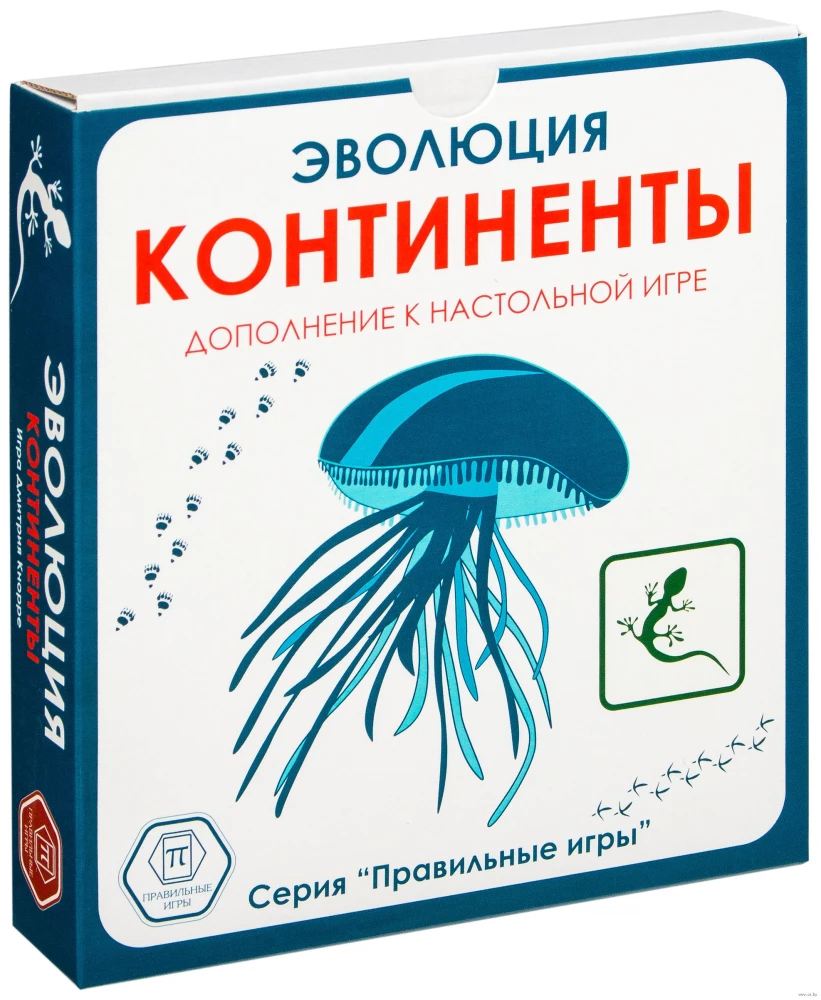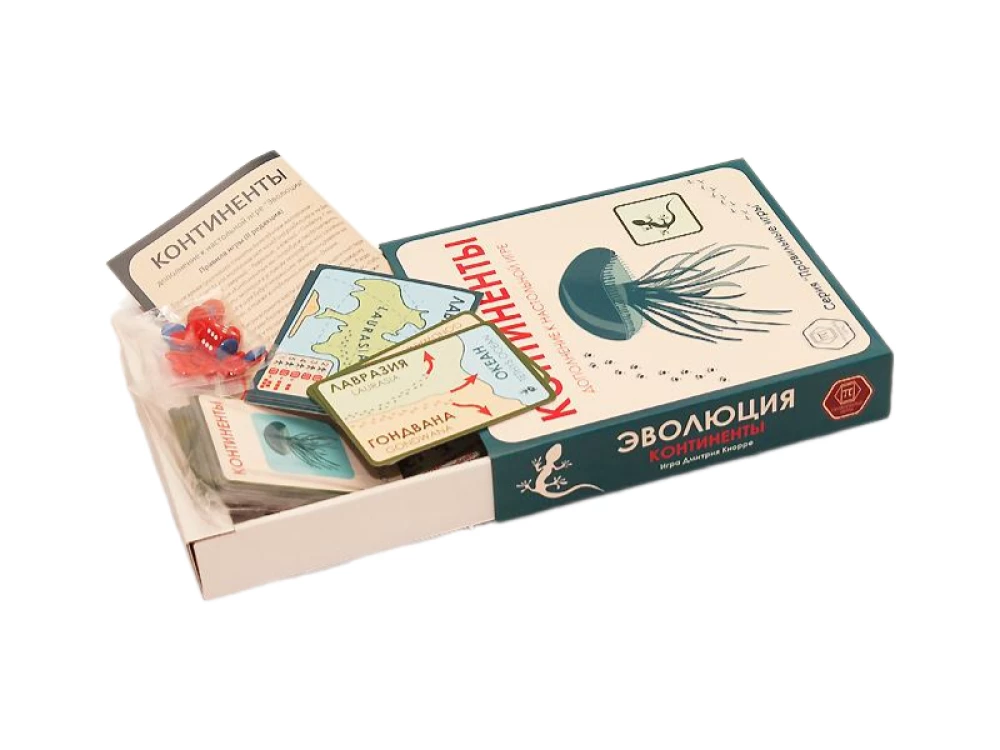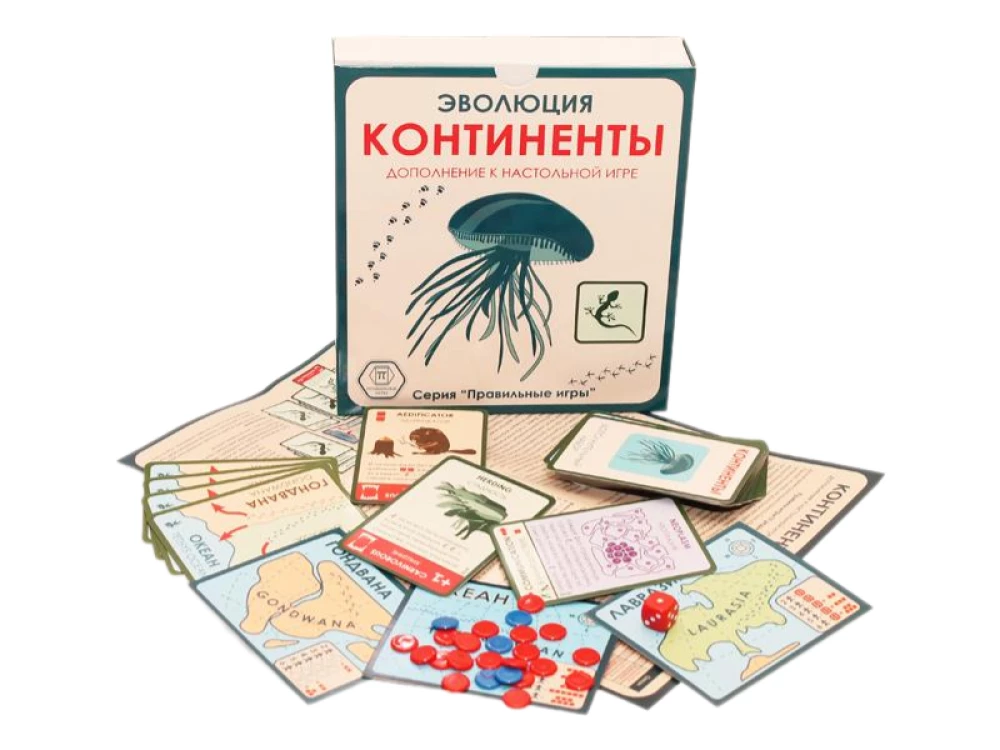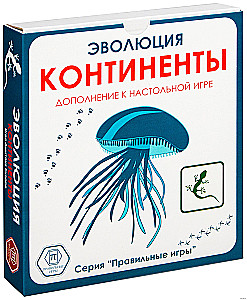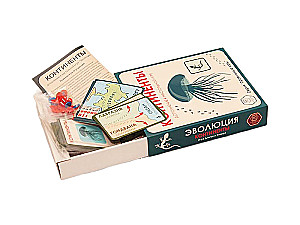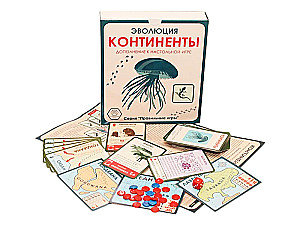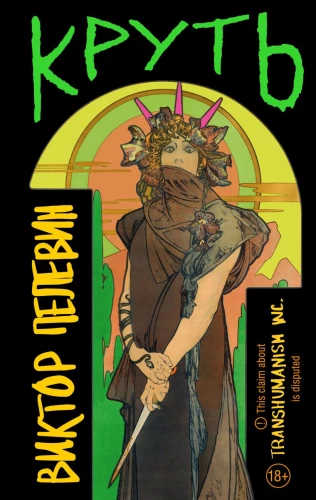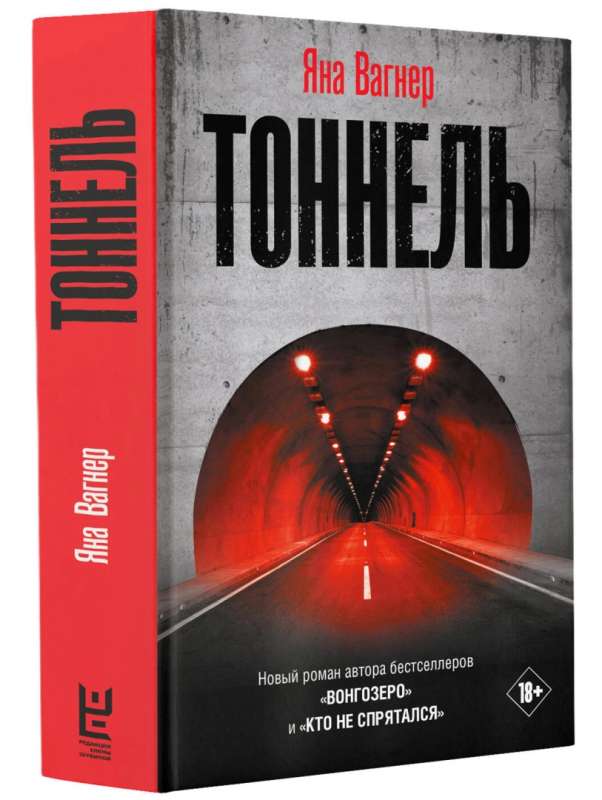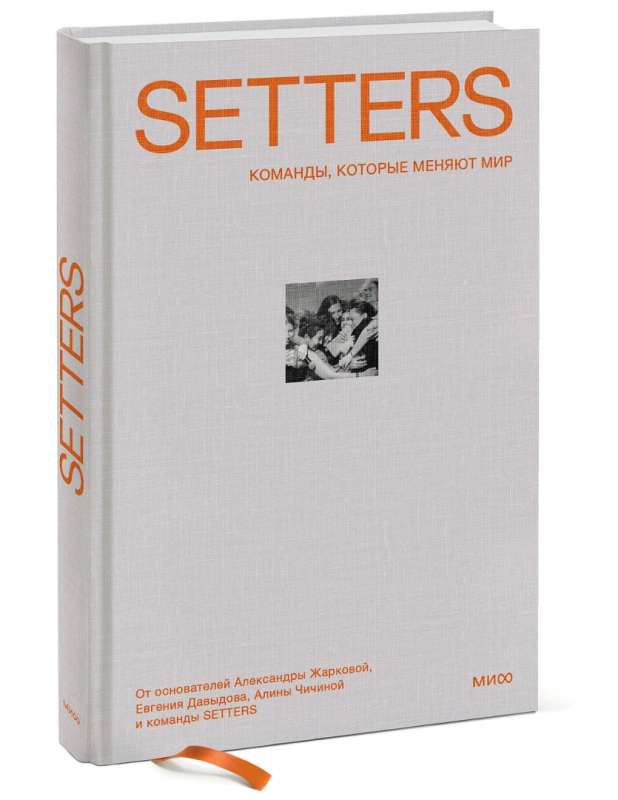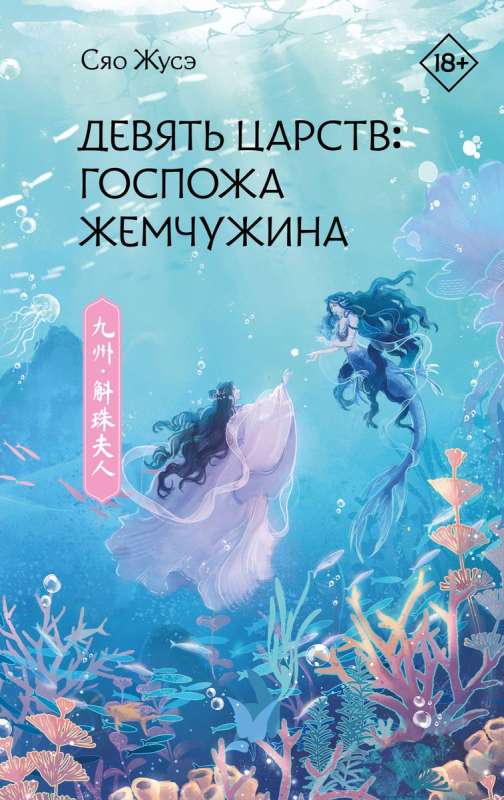Card game Evolution. Continents addition
Over time, not only life on Earth changes, but also our planet itself. Mountains sink to the seabed, virgin forests turn into deserts, continents split into pieces and come together again. Geological processes proceed even slower than evolution, but often...
have a decisive influence on the development of living organisms. Two hundred million years ago, the single continent of Pangea began to split into Laurasia and Gondwana, and gradually unique, unique biological species appeared on each of these continents.
"Continents" is the second expansion for the board game "Evolution", in which players create their own animals with various properties and try to feed them. The main innovation of the addition is the geographical factor. Now the animals of rivals live not in an abstract game space, but in a specific location: Laurasia, Gondwana or the Tethys Ocean. In addition, eight new properties appeared in Continents, and some cards from the base game and the first expansion began to work a little differently.
Before the start of the game, three large cards of Laurasia, Gondwana and the ocean are laid out in the center of the table. They are needed in order to place food chips in the phase of determining the food supply: each of the locations has its own food resources. Players place in front of them a “territory separator” map, on which the same geographical zones are marked. The creatures laid out above the divider live in Laurasia, below in Gondwana, and on the side in the Tethys Ocean. Properties from the expansion are mixed with cards from the base game, and each opponent takes 10 cards per hand from the resulting deck.
Whenever a participant introduces a new animal into the game, he must send it to Laurasia or Gondwana - in other words, place it above or below his separator. You can’t just get into the ocean, but as soon as a creature becomes aquatic, it automatically moves to Tethys. Paired abilities, such as Interaction or Fluke, can only be played on animals in the same location. The food supply is determined for each zone separately - how to calculate it is indicated on the location maps. In the ocean, food supplies are scarce but stable, and in Laurasia and Gondwana depend on the roll of one or two dice, just like in the base game. Animals can only get food in the location where they are located, and this restriction also applies to properties: for example, a predator from Laurasia does not have the right to attack an ocean dweller.
To move between locations, an animal must use the new “Migration” property (or “Flight” from the “Time to Fly” add-on). Another new property - “Sticked” - makes it possible to migrate together with another creature. “Herding” teaches animals in one location to stay together, protecting themselves from predators, and edificatory creatures increase the food supply of their geographical area. Among other cards, “Recombination” is interesting, allowing a pair of creatures to exchange properties, “Regeneration” and “Neoplasia” - an insidious parasite that slowly kills its owner.
With "Continents" even more variety and unpredictability came to "Evolution". Now players need to pay even more attention to what is happening on the table, but the increased complexity of the game pays off a hundredfold in the fact that “Evolution” has become more interesting and more realistic than ever before.
Included:
- 42 cards;
- 3 continent cards;
- 4 territory separators;
- 24 chips;
- cube;
- rules. Game duration: 45-80 minutes
Number of players: 2-4
Printhouse: Pravil'nye igry
Series: Арт. 13-01-03
Age restrictions: 11+
ISBN: 4620758131427
Size: 188x136x66 mm
Weight: 156 g
Delivery methods
Choose the appropriate delivery method
Pick up yourself from the shop
0.00 £
Courier delivery
